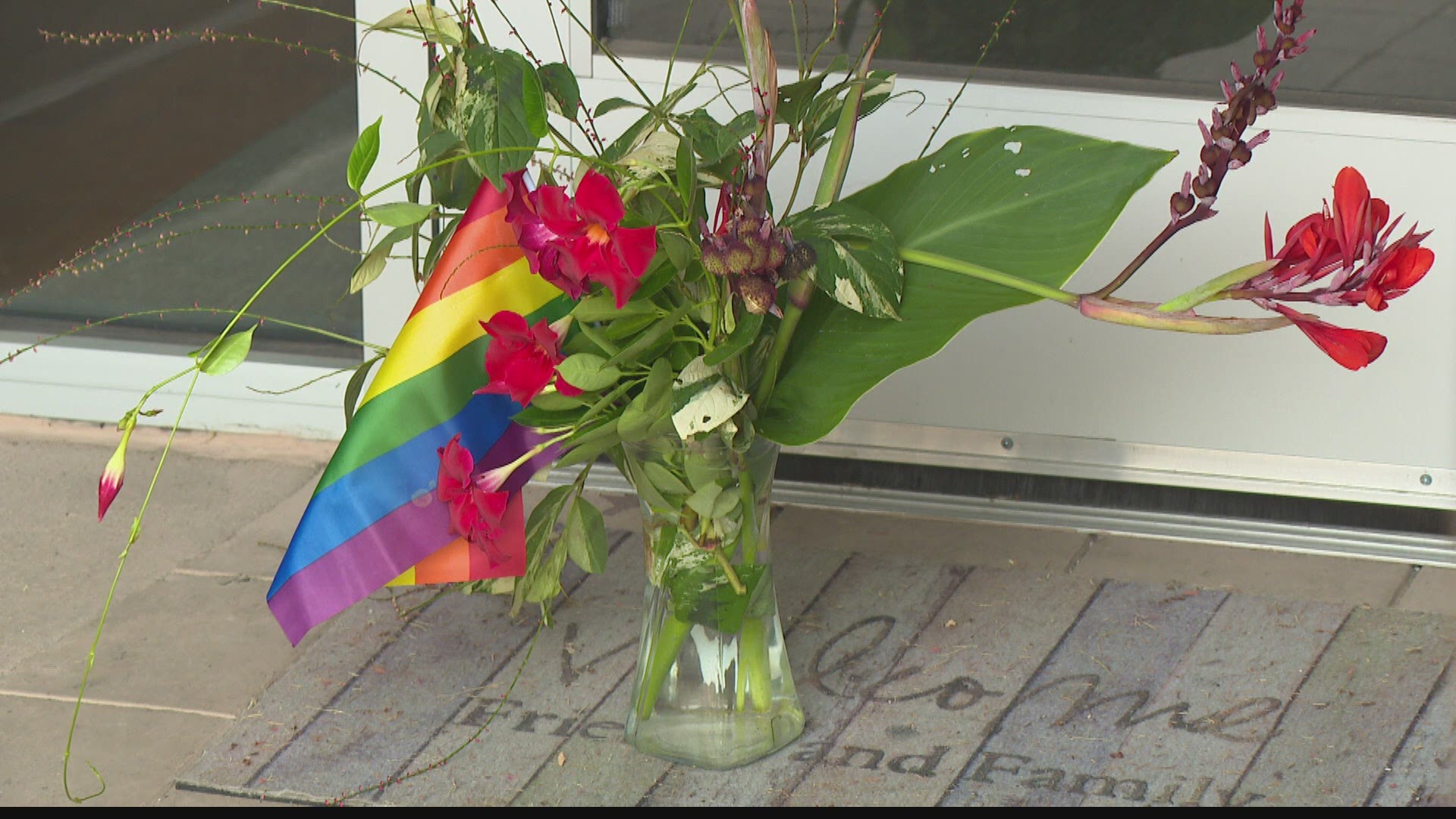INDIANAPOLIS — The arts community is mourning the loss of a cultural icon.
Bryan Fonseca, a pioneer in contemporary theater, died this week of complications related to COVID-19.
Fonseca's death leaves a gaping hole in the hearts of those who loved him and his life's work.
Jordan Floresschwartz, an associate director at the Phoenix Theatre, called Fonseca a mentor and a friend. She said he "invested in Indianapolis as a city and arts community. He gave so many people a chance. He was always one for collaboration and partnership."
Fonseca founded and led the Phoenix Theatre for 35 years. It began when he decided to turn a former church just off Massachusetts Avenue into a venue for fresh and provocative works.
Patricia Castaneda, a longtime friend and the Fonseca Theatre board president, said at that time, Mass Ave was not a destination, but a place people avoided, and Fonseca had vision and determination to see it through.
When the Phoenix moved to a new building at Illinois and Walnut a few years ago, Castaneda said Fonseca had a new mission in mind: "To reach an under-served community."
He decided to turn an old, rundown building along West Michigan Street in Haughville into a theater to give voice to and celebrate diverse communities while also tackling the challenging issues of injustice and inequality.
"I'm thinking about his vision, his passion, his courage," Castaneda said. "He never shied away from controversy, never shied away from difficult conversations."
But Fonseca wanted to do more than bring theater to the neighborhood. He wanted to be part of it, so one of the first things he did was buy a house just down the street.
"He talked about the fact that we need to be in the community to be able to really reach those who need it the most," Castaneda said. "He wanted to go to neighborhood meetings and get involved in the conversations."
Robert Hawthorne, executive director of the Westside Development Community Corporation, said he was thrilled to hear of Fonseca's plans.
"We were looking for leadership, people to come in and help with the culture, help develop the neighborhood," Hawthorne said. "And (Bryan) was one of those individuals. He was creating something really of value to our corridor and really benefiting the community in a meaningful way."
Fonseca's colleagues said the theater is there to stay, as is the commitment to helping improve the lives of those around it.
"The theater will continue the mission that Bryan so much believed in," Castaneda said, "and will continue to build the community around us."

